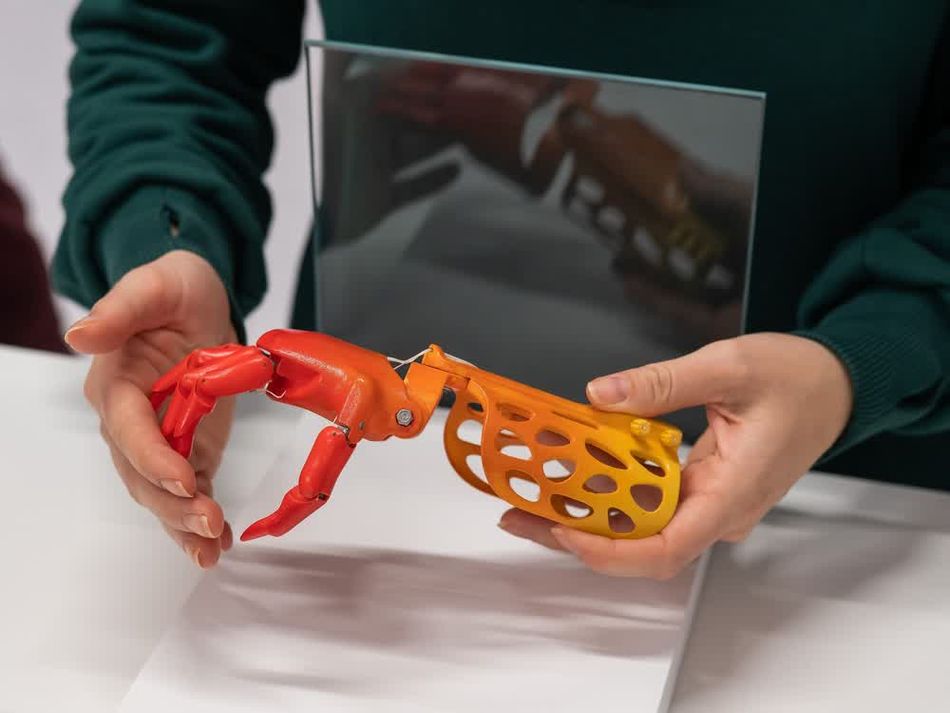Is TPU Toxic? [+ Material Safety Tips & Applications]
Wondering if TPU is toxic for 3D printing? This expert guide from Autofabx covers TPU safety, emission risks, certifications, and recommended applications.
Introduction: Understanding TPU in 3D Printing
Thermoplastic Polyurethane, or TPU, is a flexible, rubber-like material widely used in 3D printing. It combines elasticity, durability, and chemical resistance, making it ideal for wearables, phone cases, seals, and more.
However, a common question arises among engineers, product designers, and even hobbyists: Is TPU toxic?
This article offers a comprehensive answer based on safety standards, chemical composition, and industry practices. It also introduces how Autofabx provides safe and certified TPU solutions for your 3D printing needs.
Is TPU Toxic?
In general, TPU is not considered toxic. It is one of the safer materials in the 3D printing ecosystem. Most commercial TPU filaments and powders are made from polyurethane-based polymers that are free from harmful plasticizers like phthalates, BPA, or heavy metals.
However, the toxicity of TPU can depend on factors such as:
Its specific chemical formulation
The printing environment
Heating temperature and ventilation
Use in food-contact or skin-contact applicationsWhen handled correctly and printed in a well-ventilated space, TPU is considered safe for typical 3D printing use cases. For extra confidence, Autofabx provides TPU with full SDS (Safety Data Sheet) documentation and material testing reports.
Does TPU Release Toxic Fumes During Printing?
While TPU is relatively safe, heating any thermoplastic can produce fumes. For TPU, these emissions are minimal and generally non-toxic when printed at standard temperatures (210–250°C). Still, it's best practice to:
Print TPU in a well-ventilated area
Avoid overheating the material
Use an enclosed printer or air filtration if availableThese steps reduce the risk of exposure to any volatile organic compounds (VOCs), even if they are present in small amounts. Autofabx recommends proper ventilation setup and provides technical guidance on optimal TPU printing conditions.
Is TPU Safe for Skin Contact and Wearables?
Yes, medical-grade and consumer-grade TPUs are widely used for products that come into direct contact with the skin, including:
Phone accessories
Wearable bands
Orthotics
Medical tubing and prostheticsTo ensure safety, look for materials with certifications such as:
RoHS (Restriction of Hazardous Substances)
REACH (Registration, Evaluation, Authorisation and Restriction of Chemicals)
FDA-compliant (for food or medical-grade use)
UL 94 (flammability ratings)Autofabx offers certified TPU options suitable for high-safety industries.
Environmental Safety: Is TPU Eco-Friendly?
TPU is not biodegradable, but it can be recycled and reused in some closed-loop production systems.
Compared to other flexible materials like silicone or PVC, TPU is considered more environmentally friendly due to its thermoplastic nature and lack of toxic additives.
That said, it's important to dispose of or recycle TPU waste responsibly. Autofabx supports eco-conscious projects and offers consulting services on sustainable material use.
Common Applications of TPU in 3D Printing
TPU is a preferred material for applications that require flexibility, shock absorption, or abrasion resistance. The following real-world cases demonstrate how Autofabx TPU performs in demanding environments:
The first image showcases a complex, organic-shaped structure printed in TPU being twisted and bent. This highlights its exceptional elasticity and toughness, ideal for components requiring high flexibility and rebound.

Organic-Shaped Structure Printed in TPU
Source: Autofabx
The second case displays a prosthetic hand with functional joints and a perforated TPU wrist frame. This application demonstrates how TPU can be used in medical assistive devices where comfort, movement, and durability are essential.

A Prosthetic Hand with TPU Wrist Frame
Source: wevolver.com

Types of TPU Materials
While TPU comes in a variety of formulations for different industry needs—such as flame-retardant, biocompatible, or abrasion-resistant grades—Autofabx currently offers a specialized SLS-compatible TPU material designed for high-performance applications.
This TPU is optimized for Selective Laser Sintering (SLS) and delivers a unique combination of:
Excellent elasticity and flexibility for parts requiring movement and deformation
High tear and abrasion resistance, making it ideal for functional prototypes and industrial parts
Good chemical resistance against oils, greases, and common solvents
Consistent mechanical properties across complex geometries due to SLS’s uniform sintering process
This material is ideal for producing shock-absorbing components, seals, footwear parts, and flexible enclosures. Autofabx ensures every print meets rigorous quality standards and provides full technical support, including material property data.
Work with Autofabx: Safe & Certified TPU for Your Projects
At Autofabx, we provide high-quality TPU 3D printing services using certified materials that meet international safety and environmental standards. Whether you're building consumer products, medical components, or industrial parts, we ensure:
Professional material sourcing
High-precision TPU printing (SLS)
Technical support from design to post-processing
Free material consultation and instant quoting
Conclusion
TPU is not toxic when used properly. It is one of the most reliable, skin-safe, and flexible materials for 3D printing. With the right certifications and proper handling, it is suitable for a wide range of consumer, industrial, and healthcare applications. To ensure you’re using safe and high-quality TPU, partner with Autofabx—your trusted 3D printing manufacturer.